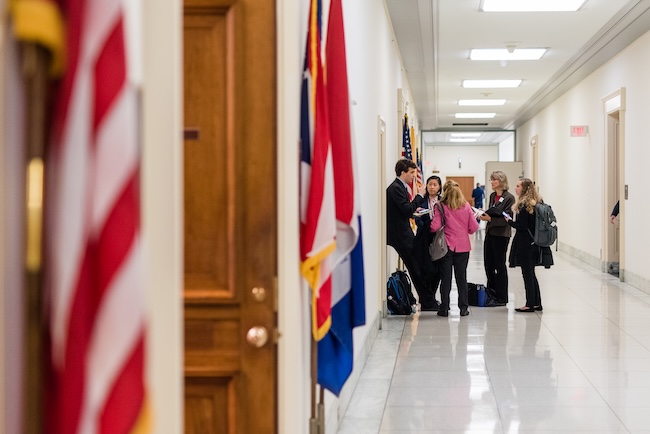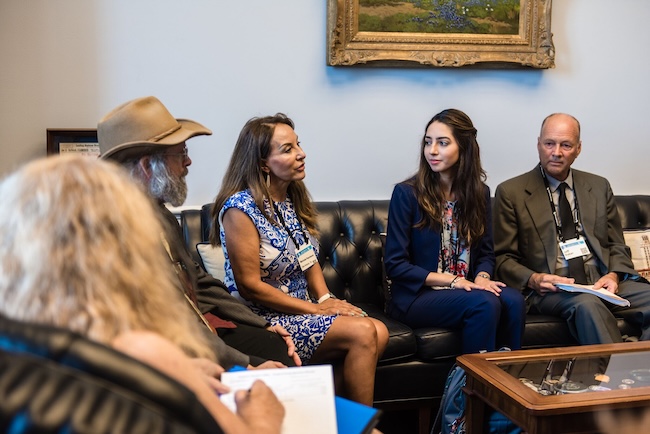- July 3, 2025
Senate passes bill cutting clean energy tax credits, but several Republican senators help avoid the worst outcomes
July 3, 2025Read moreThe Senate-passed bill is estimated to be about 25% less-bad for the climate and household energy bills than the House-passed version.
- June 22, 2025
Holding the line on climate: CCL’s next steps
June 22, 2025Read moreWe’re watching for opportunities to pursue our mission in even more effective ways as the political landscape evolves around us.
- June 22, 2025
Holding the line on climate: Forest Service
June 22, 2025Read moreCCL’s Government Affairs team has been raising the concern of Forest Service staffing cuts and funding in conversations on the Hill.
- June 22, 2025
Holding the line on climate: DOE
June 22, 2025Read moreCCL supported a bipartisan Climate Solutions Caucus letter to request more climate and clean energy funding for the Department of Energy.
- June 22, 2025
Holding the line on climate: NOAA
June 22, 2025Read moreCCL recognized the unique threat against NOAA and generated more than 22k messages to Congress emphasizing the need to protect the agency.
Spanish
English






